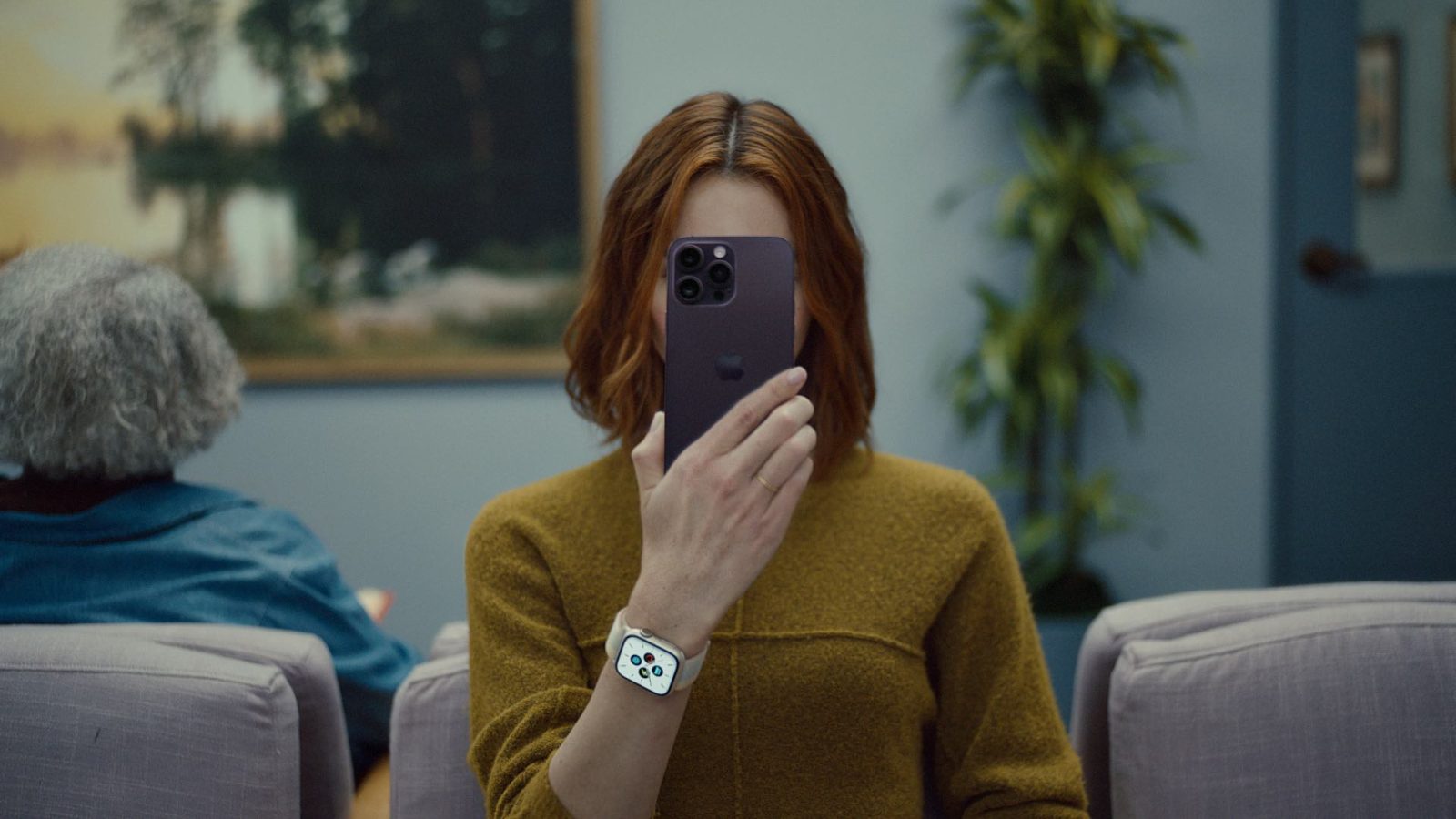
As it continues to focus on its commitment to privacy, Apple is launching an all-new campaign today emphasizing how Health data on iPhone is protected. As part of this, Apple has shared a new Health Privacy whitepaper as well as a clever new video that aims to highlight the importance of health data privacy.
New Health data whitepaper
In the new Health Privacy Overview whitepaper, Apple goes in-depth on how the Health app and the HealthKit framework for developers protects user privacy. For instance, Apple touts that all Health data is stored using end-to-end encryption:
Health data, stored in HealthKit, is encrypted on-device and is only accessible with your passcode, Touch ID or Face ID. Medical ID is still available when your device is locked to help first responders access your critical medical information from the Lock Screen in an emergency. For users with two-factor authentication, a device passcode, and a device running iOS 12 or later – Health app data synced to iCloud is also not readable by Apple. As of August 2022, over 95% of active iCloud users have two-factor authentication enabled.
Apple also explains the relationship between a user’s health data and third-party apps. “Apps can’t see any Health app data, or add any data to the Health app, without your permission. Before accessing any data, apps have to prompt you to access Health app information,” Apple explains. “You have fine-grained control over precisely which Health app data you want to share with a third-party app. By default, no data is selected.”
There are also specific requirements in place for apps that want to request access to health data:
Apps must meet certain criteria in order to request access to Health app data through HealthKit, and these requirements are detailed in the App Store Review Guidelines and the Developer Program License Agreement. HealthKit information may only be requested by third parties that provide a health or fitness service, and you must give permission for your data to be shared.
All apps must provide an explanation for why they are requesting Health app data that is shown to you at the time they request access. Information that you choose to share with apps through HealthKit may not be used for advertising, marketing, or sold to data brokers. All apps integrating with HealthKit must provide a privacy policy describing how you can revoke consent or request to delete your data
Another key to protecting health data highlighted by Apple include on-device processing and control. “iPhone and Apple Watch generate the metrics shown in the Health app entirely on-device. Sensors built into Apple Watch, like the optical heart sensor, or built into iPhone, like the gyroscope, feed information to the operating system,” Apple says “The operating system then locally computes the health summaries stored in HealthKit and are ultimately shown to you on your Apple Watch and in the Health app.”
Apple’s full Health data privacy whitepaper can be found on its website. It includes additional details on features like health records, health sharing, and more.
New ad campaign
Alongside the new whitepaper, Apple is also expanding its long-running “Privacy on iPhone” ad campaign with a new video focused on Health data. “Worried your most personal data might get into the wrong hands? The Health app on iPhone helps you control who sees your health data—and who doesn’t. Because when it comes to your health, privacy matters,” Apple explains.
The ad, which is narrated by actress and comedian Jane Lynch, is set in a waiting room and imagines a world in which everyone knows the exact reason why you’re at the doctor’s office.
FTC: We use income earning auto affiliate links. More.



Comments